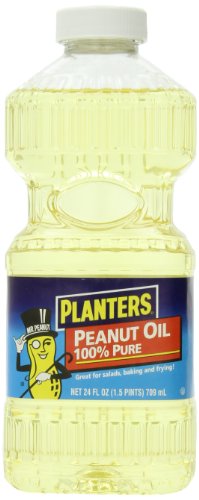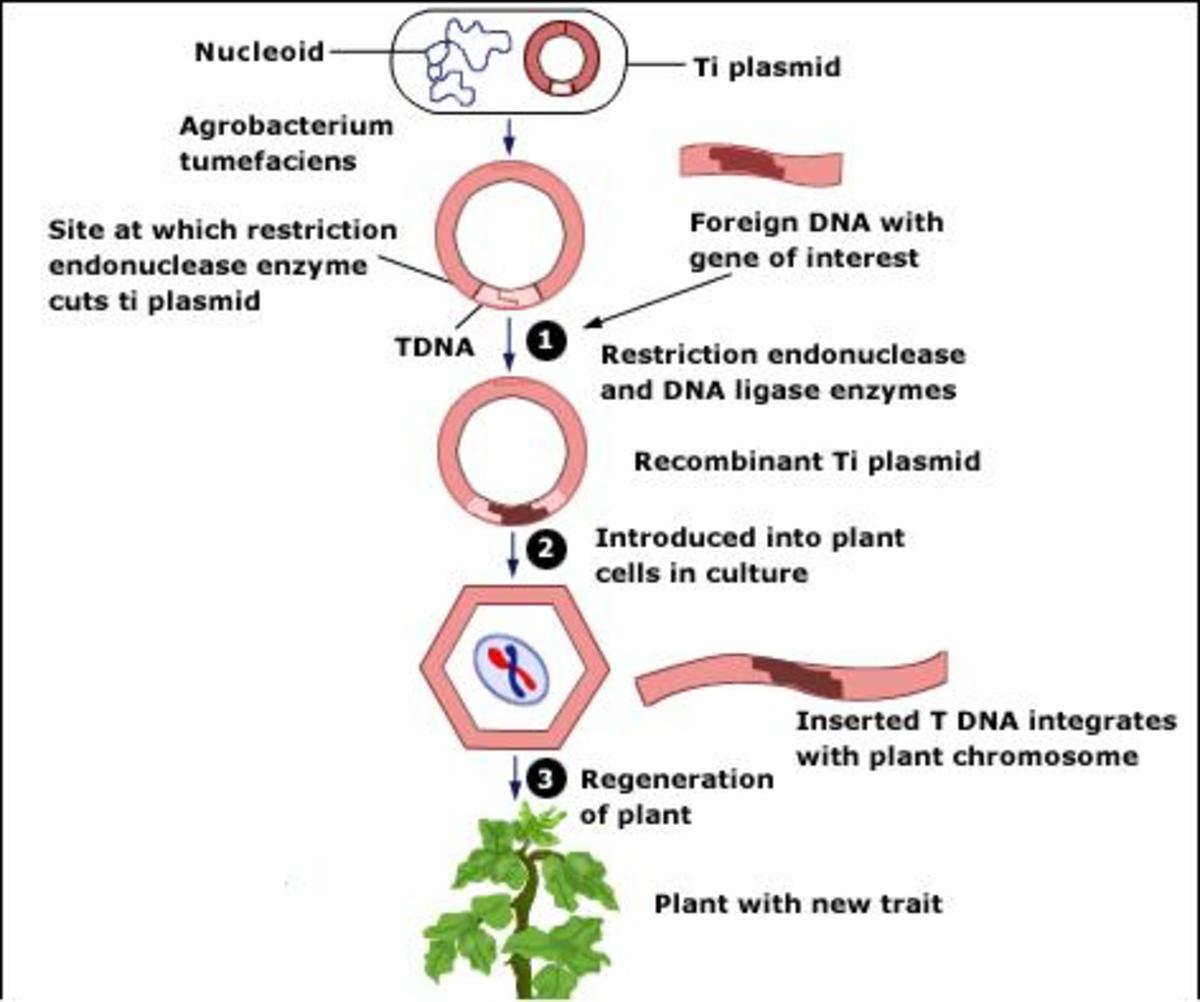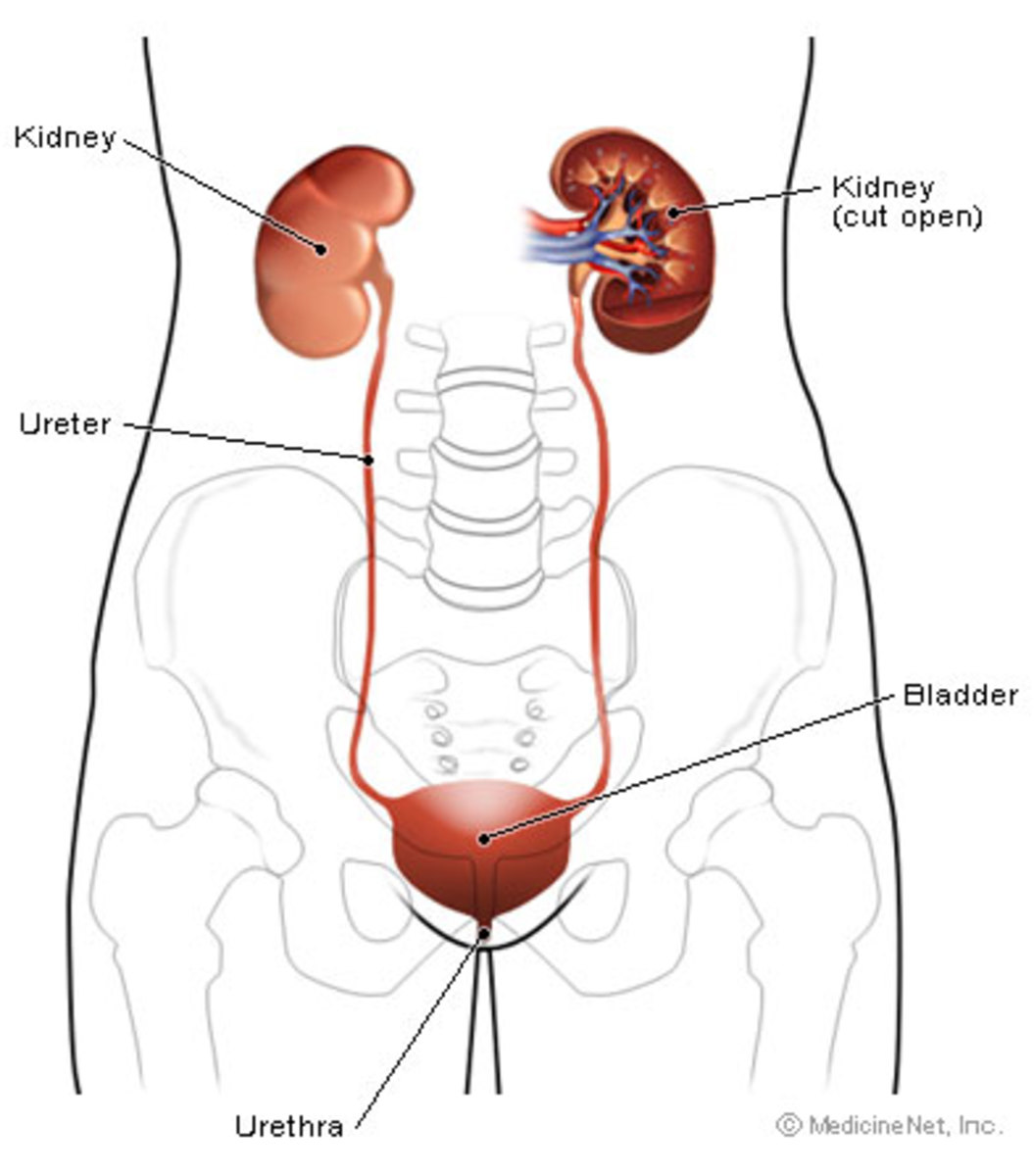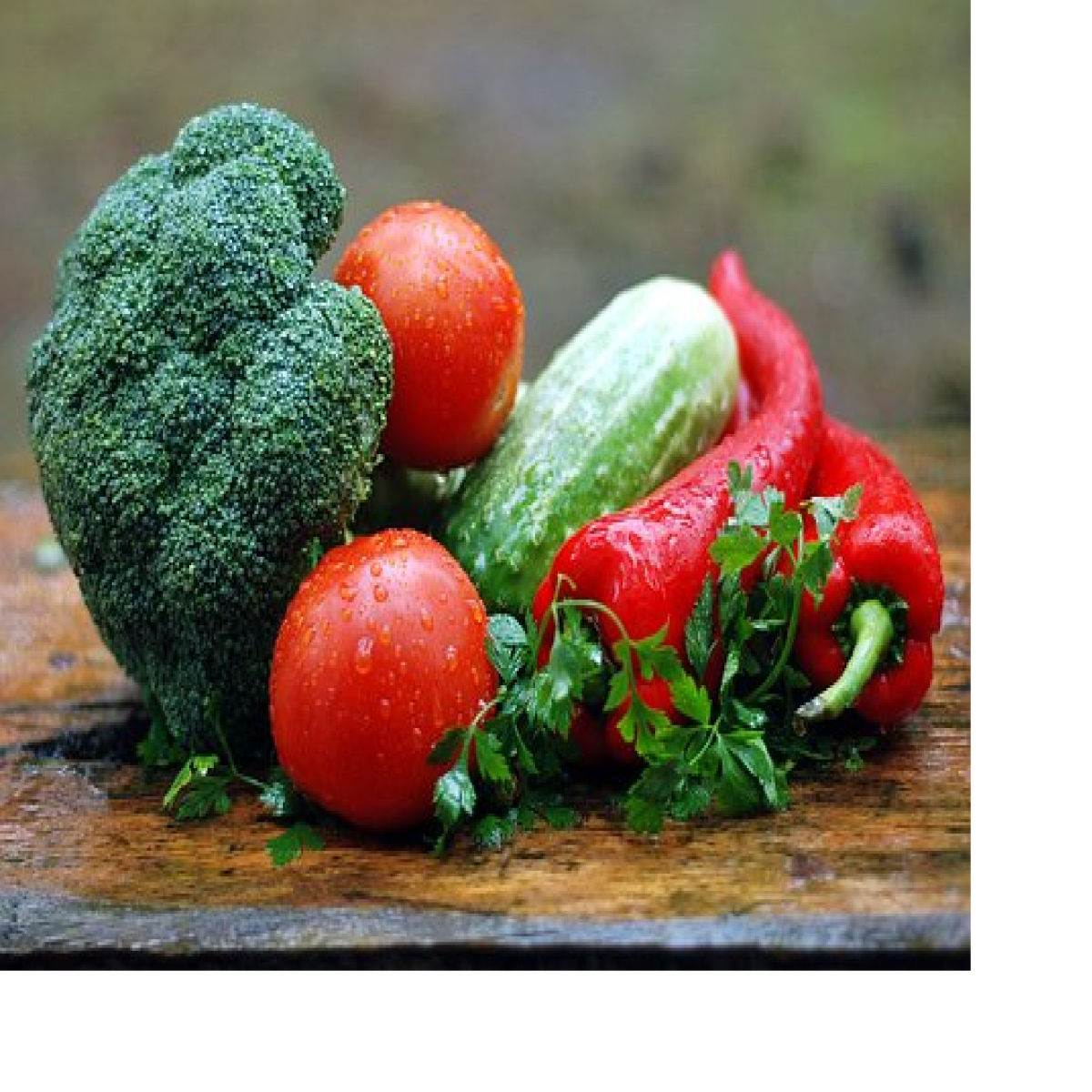What is Canola Oil? Facts & Shocking Truth Revealed
Canola Oil: A New Cooking Oil from A Decade Ago
About two decades ago, a new cooking oil named Canola Oil was introduced to the Americans, and it was not until 10 years ago it suddenly appeared on the market in Taiwan. At
first it was only seen in some stores selling natural health products, but later spawned to every household
because of the effort from the government and private companies to publicize the benefits
of this oil, such as canola oil was pure plant extracts, it had no saturated fat, it was low in cholesterol, it was a
more ideal cooking oil than any other vegetable oil, and so on. Such propaganda convinced every single person who cared about their family and friends. Thinking it should not go wrong of the saying from the government, people all went to buy canola oil for their daily cooking. The sales in North America soared as the result, it was soon introduced to overseas.
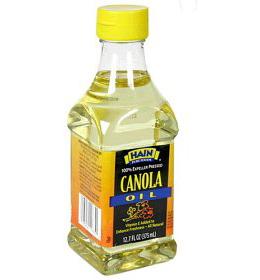
What is Canola Oil; What is Canola Oil Made From
However, what is canola oil made from? We can easily guess out the origin of other oils literally from their names: olive oil is from olives; peanut oil is from peanuts; coconut oil is from coconut seeds, etc.. By surprise, there is no such word "canola" existed in the dictionary.
The name "canola" was derived from "Canadian oil low acid" in 1978 and it is the predecessor of of a plant called Brassica (Rape), a native habitat in Europe, commonly known as the Rape of Europe. It belongs to
cruciferous (Mustard Family). A product known as LEAR (low erucic acid rapeseed) derived from cross-breeding of multiple lines of Brassica juncea is also referred to as canola oil and is considered safe for consumption.

Canola Oil: Genetically Modified
In 1970's, Canadian scientists genetically modified Brassica by removing the Glycosides (an molecule that interferes with thyroid function) and by reducing the toxic erucic acid contained in them, that brought out the first generation of "low erucic acid Brassica" (Low Erucic Acid Rapeseed, referred to LEAR). But the studies from the Dutch have shown that this kind of oil would harm the heart. Yet this ongoing genetic engineering still continues, and there have been no long-term official tracking records to prove anything. But because this new kind of rape plant is easy to plant, grows fast, is pest resistant, and harvest more, soon it became Canadian's main cash crop. Canadians claimed that genetically modified rapeseed oil had the benefits of "two low and one high", that is low erucic acid, low sugar, and high in good oleic acid, plus it is not saturated fat, therefore it should be a really ideal "health oil". So the Canadian government not only encouraged its citizens to consume the oil, it did not forget selling it to their good neighbor the United States. In 1979, Canada's oil industry decided to rename it as "Canola", that action made the oil officially stepped out of the shadow of the "toxic Brassica", and highlighted the “halo of Canada".
Canadians Paid FDA to Register Canola as Legitimate without Human Trials
Canadians
paid the U.S. Food and Drug Administration (FDA) fifty million U.S.
dollars to have Canola registered as legitimate cooking oil, and certified as "safe." As it is a "cash crop", the U.S. farmers began to buy the seeds and plant them. As such a major consuming crop that is genetically altered, the
American and Canadian governments did not require human trials before allowing it to hit the
market and let it get into stomachs of their citizens.
Brassica Was The Raw Material for Nerve Agent Mustard Gas
In the past, Canada has experimented feeding Canola oil to animals, here is the result: The fat in mouse' heart, kidney, adrenal and thyroid was seen denaturation and deterioration; when they were later fed without Canola oil, the residues of the accumulated fat in those mice
dissolved slowly, but scars remained on the major organs affected.
This is due to long-chain fatty acids (C22 ~ C28) can not be absorbed by organisms, and the cumulation of the fatty acids forms blockage in the body, which leads to not only cardiovascular problems, but will also destroy nerve myelin (Myelin). Without this protective layer of nerve is like the wires in our home without outer skin, which is very dangerous. Canola oil happens to be a type of long chain fatty acids (C22), saying it will possibly destroy our nerve system is presumably not without good reasons; as the nerve agent mustard gas used in the World War II did use Brassica as the raw material. It has long been disabled after seeing thousands of soldiers and civilians got blisters on the skin and in their lungs.
Symptoms May Occur After Consuming Canola Oil
According to oil experts for their research and observation, people who eat Canola oil can have the following symptoms:
1. Blurred / lost vision
2. Hearing loss
3. Difficulties in urinating
4. Shortness of breath
5. Heart disease / arrhythmia
6. Increased rate in getting cancer
7. Constipation
8. Insomnia
9. Baby cries more / low birth weight
10.Tired with no obvious reasons
11.Disrupted nerve system, which produces the following symptoms:
- Trembling, shaking, paralysis
- Walking, writing and other activities can not be reconciled
- Lisp
- Excessive saliva
- Degradation of memory and thinking
- Difficulties adapting to the changed environment: such as food, odors, clothing, appliances, climate changes
- Nerve breakdown
- Numbness and tingling on tips of hands and feet
- Multiple sclerosis
Mad Cow Disease & Scrapie Occurred While Animals Being Fed with Rapeseed
Between 1986 and 1991, the European largely used Brassica seeds in the livestock for farm animals, this resulted in blindness in animals, and they also attacked people. Mad Cow Disease and Scrapie happened to occur during this period of time. After Europe's complete ban on using rapeseed since 1991, scrapie has no longer been seen reappear, vision loss in cows, sheep, pigs along with cases of animals attacking people also disappeared. This is just a coincidence?
Buy Peanut Oil Online
Toxicity in Canola Oil Is Not Completely Removed
Although Brassica has been transformed into Canola, the toxicity in which has never been totally eliminated, its permeability as the lubricants for industrial use is also still there. Some people have done a simple experiment: apply some Canola oil onto a piece of fabric, then try to wash with detergent for three times. After all, not only the oil stains remain, the greasy smell also stays. What will happen when oil with such a strong penetration gets into our body? Not only that, Canola oil will form a latex-like material, so that red blood cells will condense into groups.
Canola Oil Reduces Vitamin E Level and Platelet Count
In 1997,
Canada had a very well-known research study, that is mixing Canola oil
with pig feed to see what would happen. The result was shocking: the
vitamin E in pigs' body was found down to near dangerous level. As of
the other group of pigs that ate feed with soybean oil, the vitamin E
level did not decline. The results from this research proved Canola oil
will destroy the
vitamin E level. The
same research group published a new experimental
results the following year, which confirmed that Canola oil would also
reduce the pig body's
platelet count, as well as its volume.
However, if you go online
to check the information about Canola oil, you will find mostly good
information. American and Canadian experts and scholars pointed out that
for human body, these side effects would only appear
after over ten years of Canola oil consumption, that there was no need
to worry much.
Should you worry?
Canola Oil is Hydrogenated Oil - A Silent Killer
The above mentioned is merely the unique characteristics Canola oil has in itself. In addition, it also has to inevitably go through the general refining process like any other vegetable oils to turn rapeseed into a bottle of oil. The refining process is roughly like this:
First, Hexane or some other chemical solvents are used to separate the oil part from rapeseed, then it is extracted under the temperature high as 300 Fahrenheit to remove the natural odd smell inherited from Brassica. After such heated temperature, any oil would go bad. One of the healthy ingredients Omega-3 will be damaged and will even produce odor. Next step is to remove the odor generated by the corrupted Omega-3 by having it hydrogenated in order to maintain its stability so it won't go "bad". To this extent, the healthy ingredients in the oil will have been mostly damaged, what is left are the remaining substances that can be hazardous to our health. So Canola oil is hydrogenated oil, the trans-fat it contains may be as high as 40%. As of what impact hydrogenated oils have on human body, it is stated quite clear in Hydrogenated Oils: The Silent Killer
Read the Labels Carefully When Shopping
Today, Canola oil has penetrated in every corner of our life, even if you do not buy it for cooking, it can still exist in chips, peanut butter, biscuits, food in a restaurant .... If you want to completely avoid it, then pay great attention to the ingredients on the labels. Sometimes the lable does not specify whether or not it contains Canola oil, but added the last "... and other oils." Then chances are probably Canola oil has been added, because it costs the least.
Canola Oil Incidence Has Been a Manipulation
The modern diet is really perilous, not a government's endorsement could win our trust. Fortunately, we can always use our own knowledge, intuition and wisdom to judge the world. There are better and healthier oils for us to choose from, like coconut oil, olive oil, grape seed oil, safflower oil, etc., but all must have been extracted cold. Among them, coconut oil is a natural saturated vegetable fat, containing medium-chain fatty acids, is ideal for human body. As for saturated fat and unsaturated fat which one is good, that is another area of myth, intelligent readers should be able to figure out the answer by collecting and thinking enough of information. As what Toby Maloney said, it is really not easy to change what is believed true by the public. The whole Canola oil incident has been the result of manipulation and controlling by the government and manufacturers: controlling seeds, farming, food processing, even future markets and mass communications to blind fold regular people. The root cause: most modern people no longer personally involve in food production. That is the most unhealthy thing happened while the world has developed and advanced.

